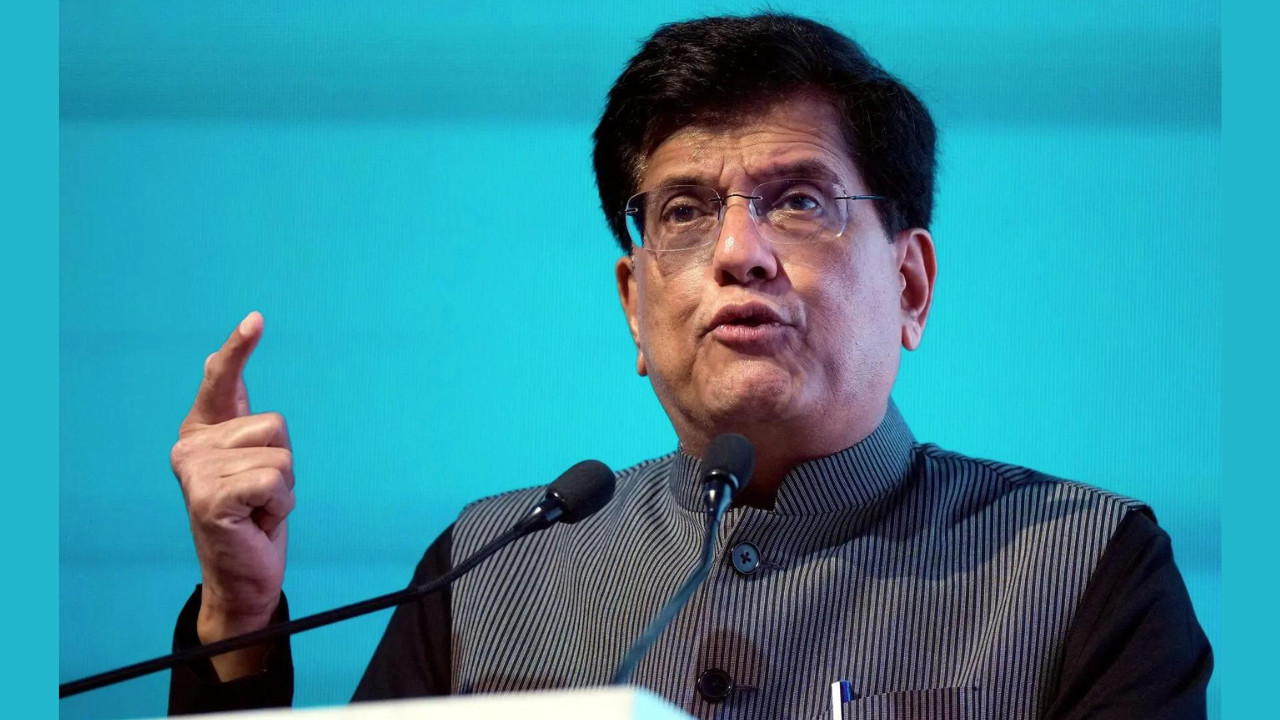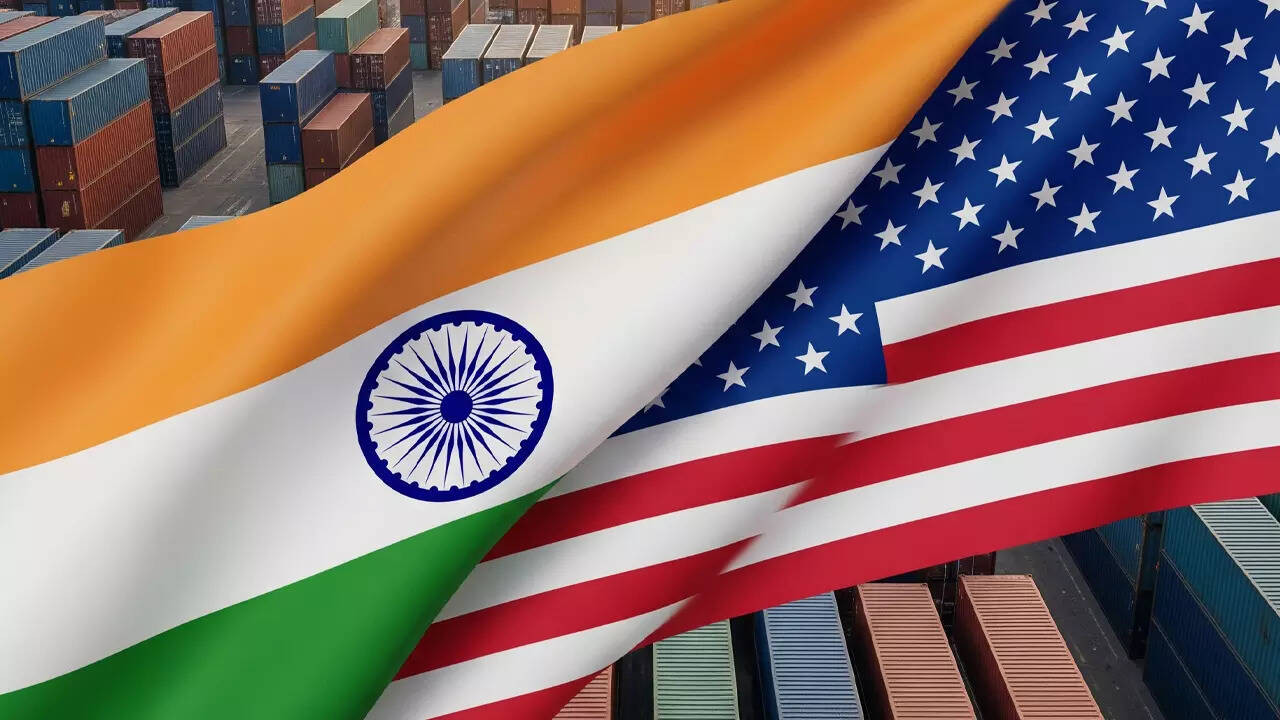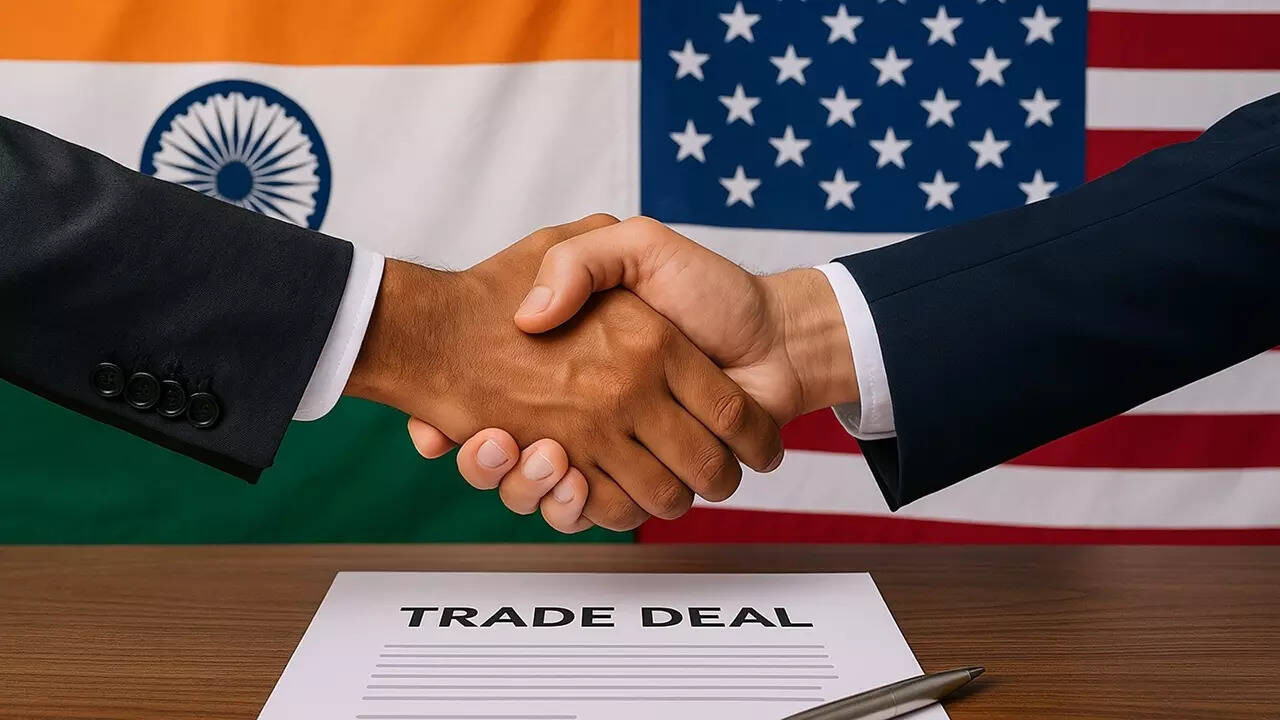Union Minister Piyush Goyal stated that the EU’s Carbon Border Adjustment Mechanism (CBAM) might negatively impact European industries more than India. He highlighted growing opposition to CBAM among European business leaders, suggesting it could increase India’s export opportunities. The India-UK Free Trade Agreement (FTA) ensures significant access for Indian exports and protects sensitive sectors.
The EU’s Carbon Tax: A Shot in the Foot for Global Trade?
The air crackles with anticipation, or perhaps a little bit of dread, as the world grapples with the EU’s bold, some might say audacious, move to implement a carbon tax. Trade winds are shifting, and India’s Commerce and Industry Minister Piyush Goyal recently voiced some pointed concerns about the long-term effects of this policy, suggesting the EU may inadvertently harm itself more than anyone else.
The EU’s Carbon Border Adjustment Mechanism (CBAM), in essence, puts a price on the carbon content of imported goods. Think of it as a tariff on emissions, designed to level the playing field between European companies that already face stringent environmental regulations and those in countries with laxer standards. While the intention – pushing for greener global practices – is laudable, the execution is proving to be a prickly issue, sparking debate and raising eyebrows across international borders.
Goyal’s argument isn’t about denying the need for climate action. Rather, he highlights the potential for unintended consequences. Will this carbon tax truly incentivize cleaner production globally, or will it simply become a protectionist measure in disguise, hindering growth in developing nations? The worry is that nations with less advanced technology and infrastructure might struggle to meet the EU’s carbon intensity benchmarks, effectively being priced out of the European market.
This isn’t just about economics. It’s about fairness and equity. Developed nations, after all, historically bear the brunt of responsibility for greenhouse gas emissions. Forcing developing economies to shoulder a disproportionate burden now could stifle their progress and exacerbate global inequalities. The Minister’s words paint a picture of a world where the CBAM, if not carefully managed, could create new trade barriers, hindering rather than helping the global transition to a sustainable future.

Navigating the Complexities of a Carbon Border Tax
The core challenge lies in the intricate web of global trade and the varying capacities of nations to adapt to new regulations. Take the steel industry, for instance. European steel manufacturers have invested heavily in reducing their carbon footprint. If steel from countries with less stringent regulations enters the EU market at a lower price due to their higher carbon intensity, it could undermine the competitiveness of European producers. CBAM aims to address this, but the devil is in the details.
The implementation of CBAM requires meticulous monitoring, reporting, and verification of carbon emissions associated with imported goods. This necessitates significant investment in data collection and analysis, something that many developing countries are ill-equipped to handle. The cost of compliance could be substantial, potentially outweighing the benefits of exporting to the EU market.
Could the EU’s carbon tax strategy backfire?
Goyal’s warning centers on the possibility of the EU hurting itself in the long run. Disrupting global trade flows can lead to higher prices for consumers, reduced competitiveness for European businesses that rely on imported materials, and strained international relations. A trade war is in no one’s interest, and a poorly designed CBAM could unintentionally trigger one.
Moreover, a focus solely on carbon emissions at the border might distract from other critical aspects of sustainability, such as deforestation, biodiversity loss, and water pollution. A holistic approach to environmental protection is essential, rather than a narrow focus on carbon alone. Finding a balanced approach that fosters collaboration and shared responsibility is crucial to avoid the CBAM backfiring.
Finding a Path Forward: Collaboration, Not Coercion
The EU’s carbon tax ambition highlights a significant global challenge: How do we incentivize climate action without unfairly penalizing developing countries and disrupting international trade? The answer likely lies in a collaborative approach that focuses on capacity building, technology transfer, and financial assistance.
Instead of simply imposing a carbon tax, the EU could work with developing countries to help them reduce their carbon emissions through investments in renewable energy, energy efficiency, and sustainable infrastructure. This would not only level the playing field but also foster a sense of shared responsibility and mutual benefit. Consider initiatives similar to those supporting the growth of India’s renewable energy sector, a field with considerable opportunities and synergy with other nations. (Learn more about [India’s renewable energy goals here](internal-link-to-relevant-article)).
The EU’s carbon tax is a complex and multifaceted issue with the potential to reshape global trade. Whether it succeeds in driving meaningful climate action without causing undue economic harm remains to be seen. The key lies in collaboration, transparency, and a commitment to ensuring that the transition to a sustainable future is fair and equitable for all. A balanced approach that fosters cooperation and shared responsibility is crucial to avoid unintended consequences and maximize the positive impact of this ambitious policy.







